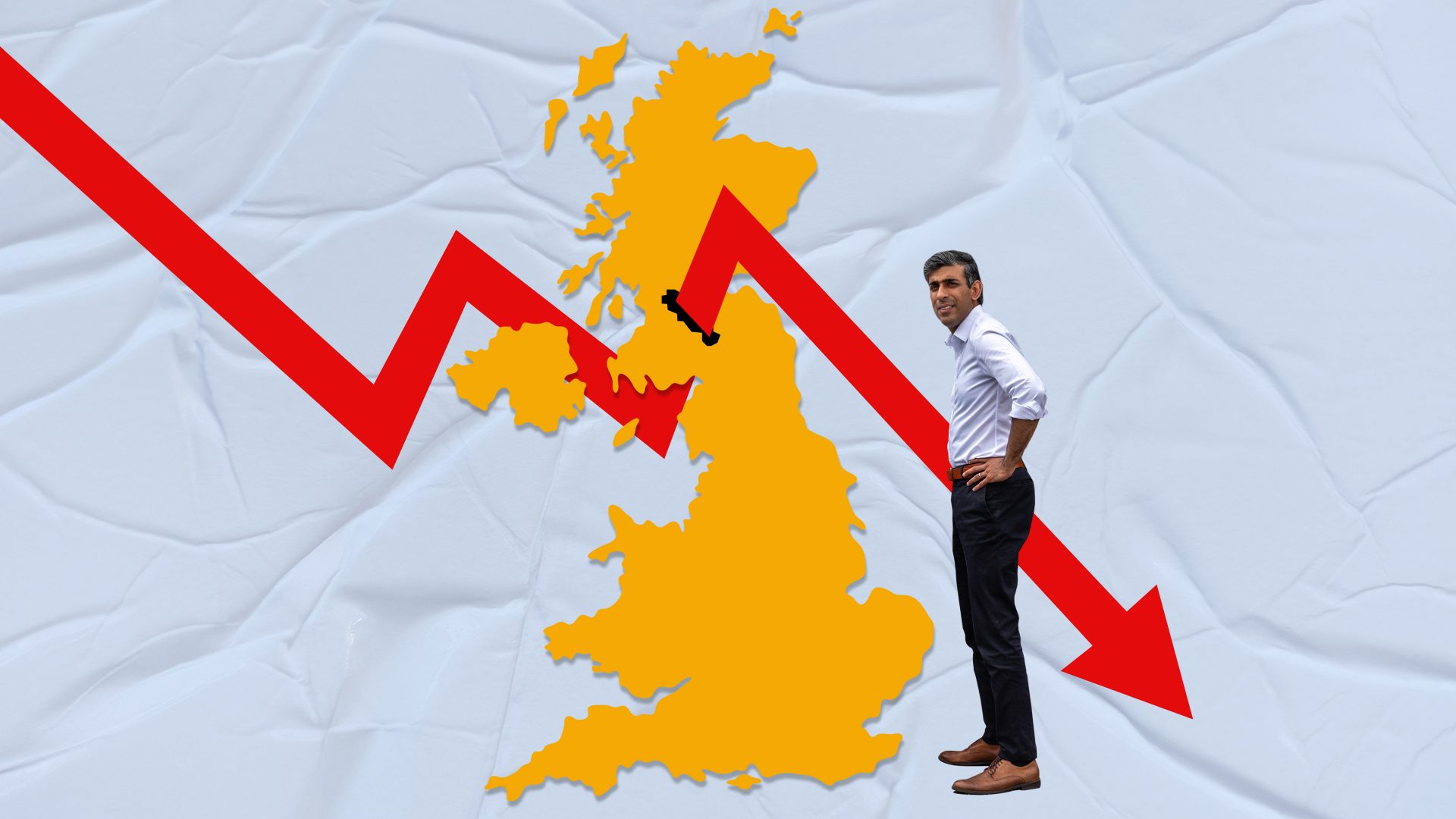The half a dozen times I tried weed were all deeply unsatisfactory. I’ll spare you the details. Suffice it to say it never became “an assistant, a friend” (Louis Armstrong), and I gave up on it.
But 4.5 million other Germans enjoy the occasional spliff. They can expect high times as the government plans to go the whole bong.
When he presented his weed, er, white paper, the health minister, Karl Lauterbach, boldly claimed it could become a model for Europe in creating “the most liberal legalisation of cannabis” while also being “the most regulated market” in the EU.
Some European countries have legalised purchase and use of the drug, others don’t take penal action against individual consumers, and medical use has finally gained official acceptance.
The high-flying German proposal envisages legal possession of 20-30g for recreational use, legal home growing of up to three plants, and most importantly the legal commercial production and distribution of cannabis (weed or spray; no sweets). Basically the whole supply chain from seed to skunk, all on German territory. A limit on THC (the principal psychoactive constituent) levels for under-21-year-olds is yet to be examined.
This pot plan goes beyond the Dutch model, which is suspected of having boosted the drug mafia there: until recently, coffee shop owners had to buy on the black market (now there’s a scientific test going on in 10 cities with state-produced cannabis).
“What we have learned from the Dutch experience is that we don’t want to do it that way,” Lauterbach said. “We want to control the entire market!” Yes, it sounds a bit like a health minister breaking bad, à la Walter White’s “Stay out of my territory”.
But why should dealers comply? They’ll just focus on minors, who still won’t be able to legally buy cannabis.
Some commentators believe that the health minister, a qualified doctor who turned weed-freer only 18 months ago during election times, knows and fears this. The Social Democrat stresses that his plans need EU approval, which he cannot be sure to get: production, trade and possession of cannabis are forbidden by EU rules, which only allow for medical and scientific use.
So the Greens and Liberals, who heavily campaigned for cannabis legalisation, suspiciously eye the health ministry. So far, there’s very little detail and no bill – this will only come after a thumbs up from Brussels. The big plan could still shrink.
German police and lawyers’ organisations support a decriminalisation of cannabis in general, as it would free investigators to go after “real” criminals. Currently, you will most likely not be prosecuted if you’re caught with 6g (10 in some states) for personal use. It still creates paperwork, though.
Some notable experts, however, question the overall need for reform. They are supported by EU-wide statistics showing that – by comparison – Germany isn’t doing a bad job in limiting cannabis consumption and treating addiction.
The three-party-coalition agreement says otherwise. Lauterbach argues: “We want to improve the protection of youth and health,” noting that black-market weed is often contaminated with other harmful substances.
But the German Medical Association and pretty much any medical organisation representing neurologists and youth psychiatrists are in a state of alarm. They point to Canada and Colorado, where liberalisation was followed by higher consumption, with statistically significant effects on the rate of mental disorders among young people.
It is no longer disputed that heavy use of potent cannabis causes a higher risk of psychosis and schizophrenia among youngsters, as well as a lower IQ and learning difficulties.
The most common pro-weed argument in Germany is very much in line with Bob Marley’s “Herb is the healing of a nation, alcohol is the destruction”: cannabis is less harmful than alcohol, and Germany allows 16-year-olds to drink beer and wine.
To this, doctors simply reply that adding yet another legal drug to the mix won’t help and that, annoyingly, the brain doesn’t care about the legal age of 18. It still develops until we’re 23, and suffers permanent damage if clouded by regular spliffs before that age.
I am very far from an expert here and only have anecdotal evidence among my circle of friends, including personal tragedies that make me very wary of political claims that legal weed for adults can help protect a nation’s youth. It won’t make the dealer redundant. It’s a mass experiment.
But there’s hope: if kids spend all day on TikTok, maybe there’s just no time to get stoned.




